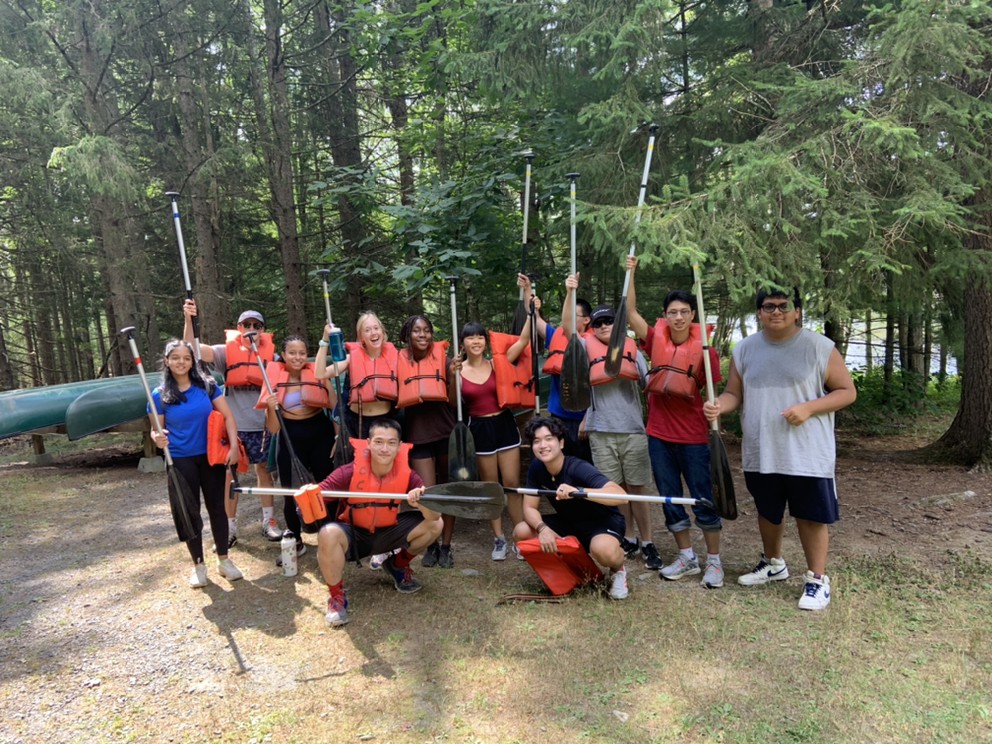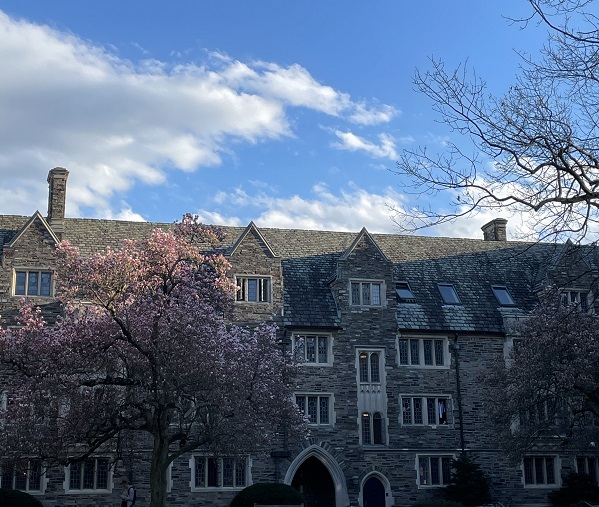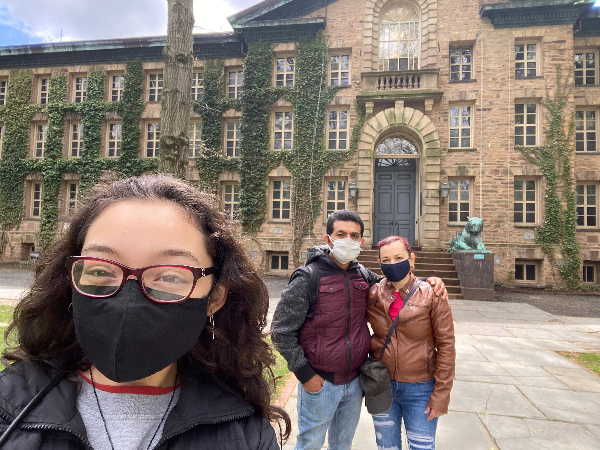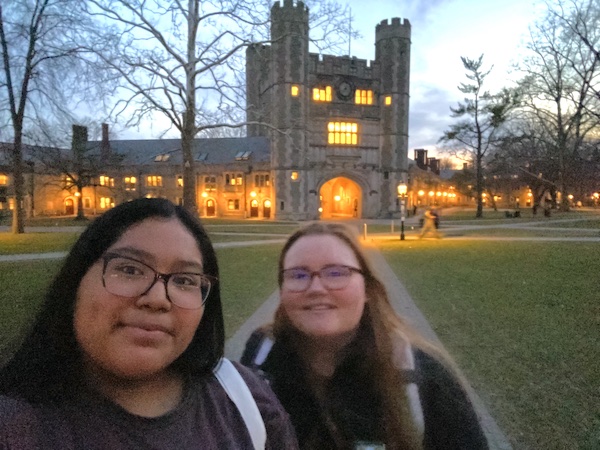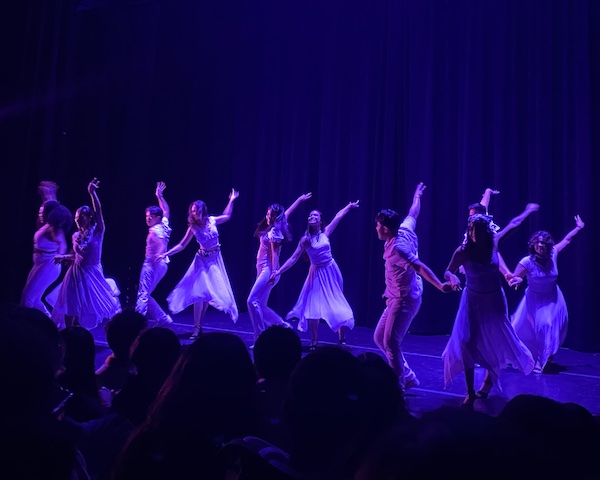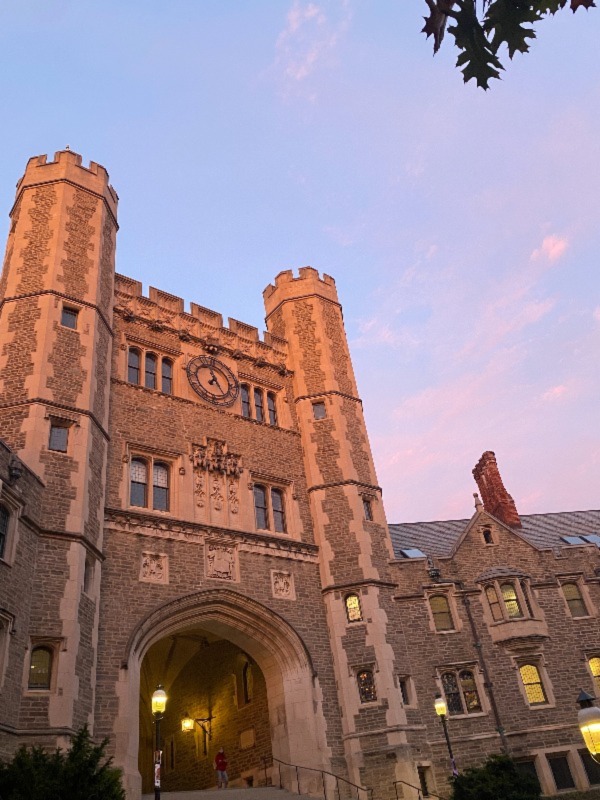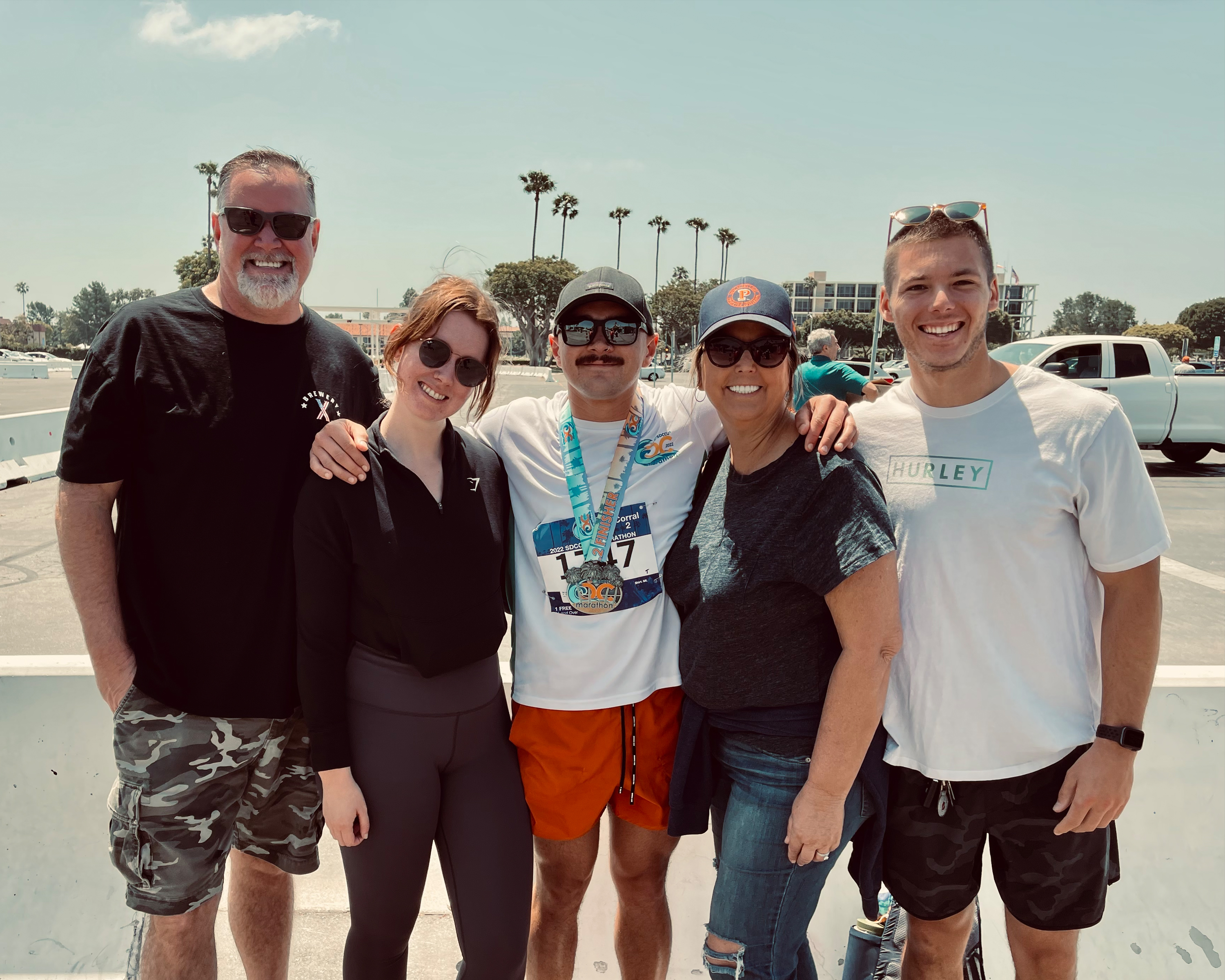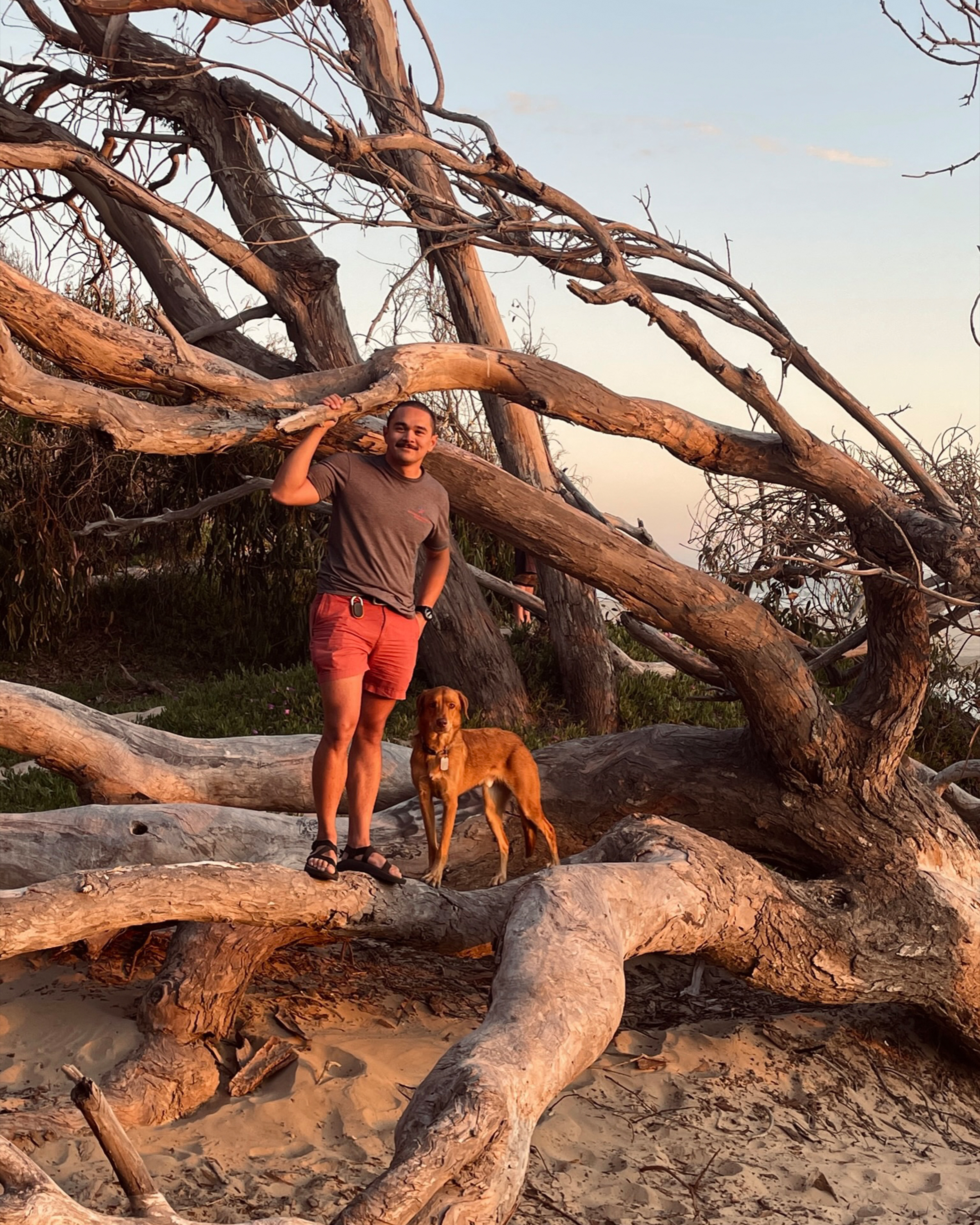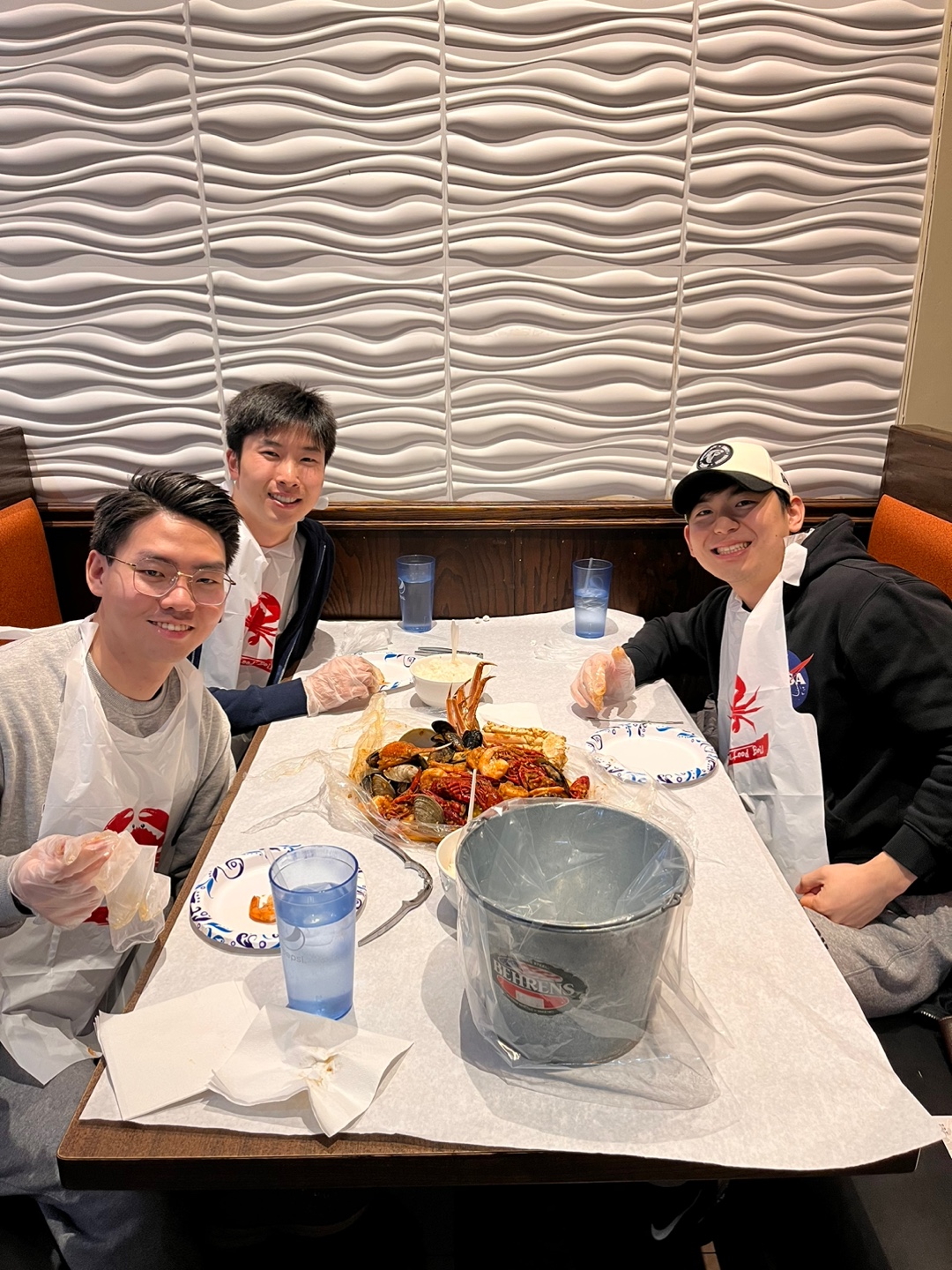Congratulations on your acceptance to Princeton University! As an international student, you’re about to embark on an incredible journey filled with new experiences and opportunities. Knowing how overwhelming and confusing the transition can be, here’s a detailed guide on the essential steps to take before you arrive on campus.
1. Connect with Future Peers on Social Media
Looking back, one of the best things I did to start my Princeton journey was connect with future classmates online. Social media platforms like Instagram and WhatsApp are great tools for this. While I didn’t join the Facebook group for incoming Princeton students, I did participate in discussions with my Summer Cohort group, and I also reached out to people I saw on the Princeton 2026 Instagram profile as well as current students. These connections provided me support, answered my questions, and overall helped me transition to college life.
2. Arrange Your Visa Appointment
Securing your visa is a top priority. I applied and scheduled my visa appointment with the U.S. embassy (or consulate) as soon as I received my I-20 form from Princeton. Visa processing times can vary, so it’s important to act quickly. Ensure you have all the required documents, including proof of financial support and any other paperwork specified by the embassy or consulate.
Steps for a Successful Visa Application:
- Gather Documents: I checked a thousand times that I had my I-20, passport, financial documents, visa pictures, and any other required paperwork before going to the embassy.
- Schedule the Appointment: Book your appointment as early as possible to avoid delays. I checked every day and yet it took me 2 weeks until I got an appointment in which I would get my visa on time before leaving. Ideally, you would get the visa before buying flights, but that can be very expensive, so just be on the lookout for appointments daily. Even if it seems as if there are none, the website is updated every day.
- Prepare for the Interview: Before going to the embassy, I also prepared myself to explain my study plans and how I was going to finance your education (just in case.)
For more information, the Davis International Center is a really good resource to understand the different types of visas and the application requirements.
3. Register for International Orientation
International Orientation is a program (the best program) designed to help you acclimate to life at Princeton and in the U.S. This orientation introduced me to campus resources, provided important information about visa regulations, and helped me meet other international students. We did awesome activities and even went to Target to buy anything we needed! I also got paired with two IO leaders, who were older international Princeton students that were great resources. This was truly an invaluable resource for a smooth transition.

4. Complete Matriculation Documents
Princeton provided a list of matriculation documents that had to be completed before my arrival to the US. This included health forms, financial documents, housing applications, and other administrative paperwork. It was a bit much to handle, but completing these documents promptly was essential to ensure a smooth start.
5. Pack Smart: Essentials vs. Non-Essentials
Packing for a move across the globe was stressful, as I had to find the right balance between taking what I needed but not overpacking. It may be difficult at first, but I ended up getting used to it. After two years here, I have realized that overpacking can make both move-in and move-out a lot more difficult, so focus on essentials. The following is the prioritization that worked for me:
Essentials to bring:
- Personal Documents: Passport, visa, admission letter, I-20 form (for F-1 visa) or DS-2019 form (for J-1 visa), and any other important papers.
- Clothing: I made sure to pack for all seasons, as Princeton experiences a full range of weather. However, for certain stuff that takes up a lot of space, like a winter coat, I bought them in American outlets for reasonable prices.
- Electronics: It was essential for me to bring my laptop, phone, chargers, and any necessary adapters or converters for U.S. outlets. I wish I had brought a portable power bank for convenience.
- Personal Care Items: I only brought basic toiletries for the first few days and then bought the rest in nearby stores.
Items to Buy in Princeton:
- Comforter, Pillows, and Bedsheets: After having gone through the struggle of packing all my stuff after the year is done here in Princeton, I have learned that these can take up a lot of space. I personally bought them locally to save space.
- Furniture and Room Decor: One of the things I enjoyed most about move-in was decorating and personalizing my dorm with pictures, lights, and posters. Other items that I have seen other students buy are lamps, rugs, and storage solutions. These are best bought locally.
- School Supplies: I bought cheap notebooks, pens, and other school essentials at Target, so don’t worry about them. Also, despite being very old school, after a few lectures I realized that it was easier and very convenient to take notes on my computer.
6. Figure out Mobile Phone and Bank
I personally came to the US with a bank already and had a good idea of what mobile company I wanted to use, as it was much easier and less stressful. However, International Orientation also had a "fair" with different companies that could provide services. But in all honesty, I was able to get through the first semester without an American number at all because Princeton had Wifi everywhere and I didn’t really go off campus very frequently. Some of the most popular phone companies and banks among internationals are Mint and Chase.
7. Final Preparations: Get on a Flight and Enjoy
As the departure date approached, I made sure to confirm my flight details and check that I had all the documentation needed. I also made sure to know how to get from the airport to campus with public transport. The Davis IC has a really good guide as to how to arrive. This guide also contains useful information about different topics mentioned above (weather, banks, phone number…) that I found particularly useful.
Final Thoughts
Preparing for Princeton as an international student involved careful planning and a sense of readiness to embrace new experiences. Connecting with peers, packing strategically, completing necessary documents, and participating in orientation and meetings, really prepared me for a successful and enjoyable start to your Princeton journey. Safe travels, and see you on campus!
